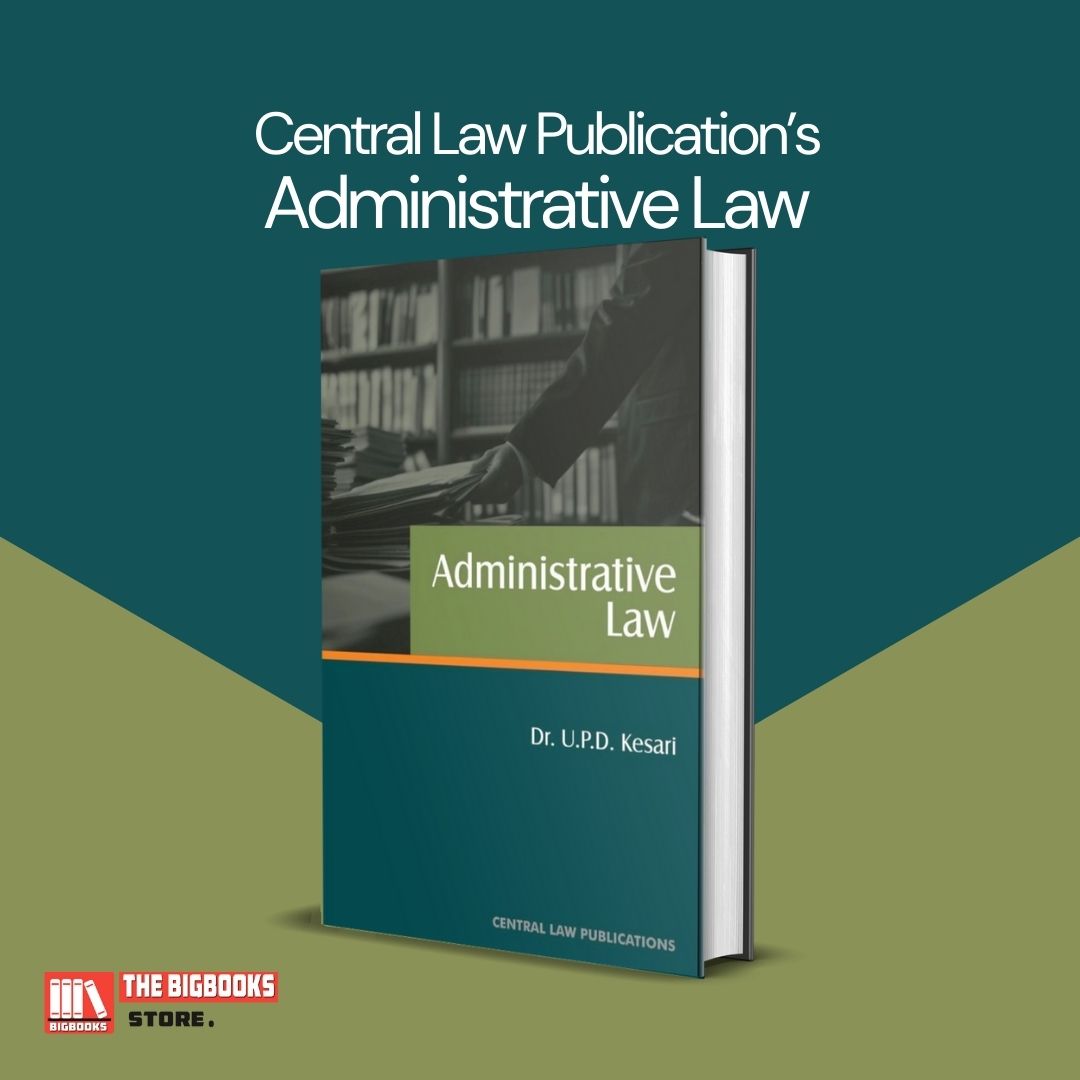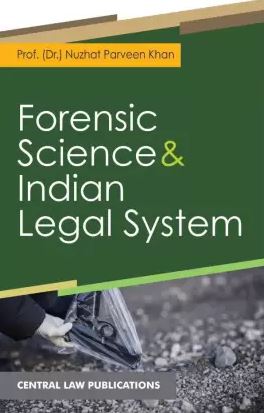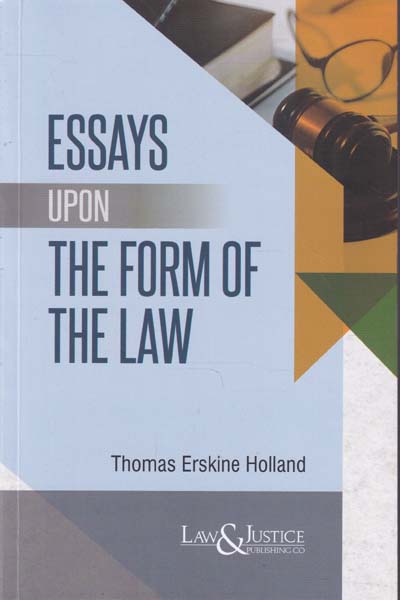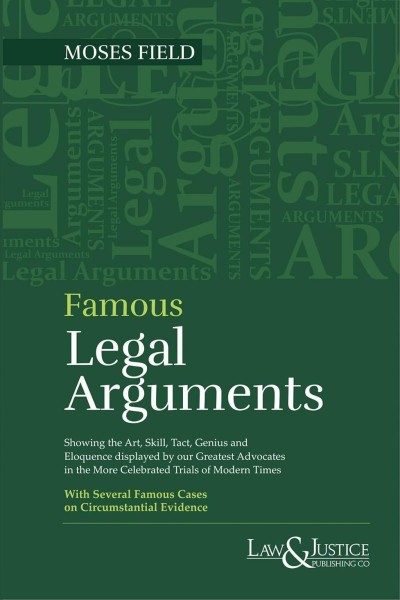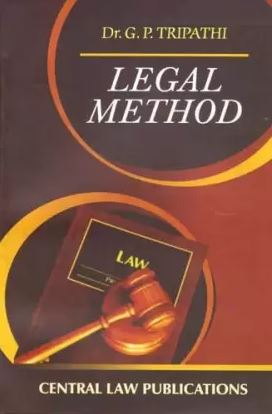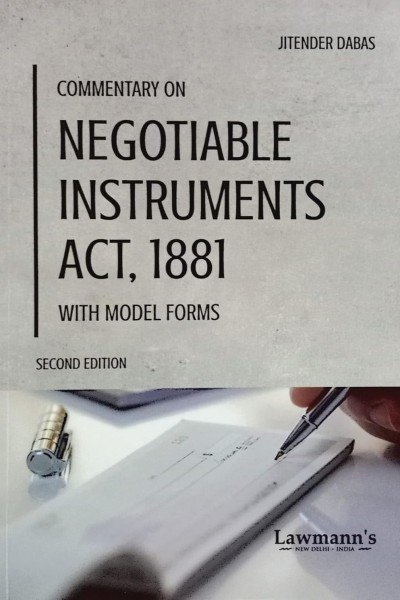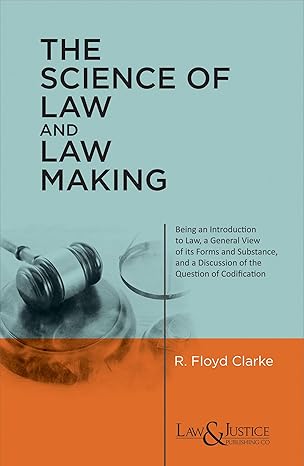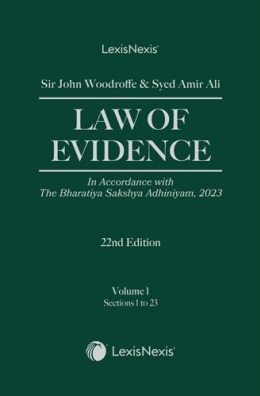CLP's Administrative Law - 24th Edition 2024
| Author : | Dr. U. P. D. Kesari |
|---|

676

English

24th Edition 2024
Tags: LEGAL BOOKS, LAW BOOKS, Administrative Law
CLP's Administrative Law (24th Edition, 2024) by Dr. U.P.D. Kesari
This comprehensive and updated text on administrative law offers an in-depth understanding of the subject, blending theory with practical insights. Dr. U.P.D. Kesari’s book is widely recognized for its clarity and thorough examination of administrative law in India, covering foundational principles, judicial review, and the powers and functions of administrative authorities. It is an essential guide for law students, professionals, and academics.
Key Features:
-
Comprehensive Coverage: The book covers all major aspects of administrative law, including the scope, evolution, and key principles like natural justice, delegated legislation, and the relationship between the executive, legislature, and judiciary.
-
Updated with Recent Developments: The 24th edition incorporates the latest case laws, judicial pronouncements, and statutory amendments, ensuring that readers have access to current legal insights and practices.
-
Clarity and Accessibility: Written in an accessible language, the book explains complex concepts in a straightforward manner, making it ideal for both beginners and advanced learners.
-
Practical Case Studies: The inclusion of practical examples and case studies helps readers understand the application of administrative law in real-world scenarios, enhancing their ability to analyze administrative actions and decisions.
-
Focus on Judicial Review: A dedicated section on judicial review and its role in limiting the powers of administrative bodies, offering a detailed exploration of constitutional and statutory provisions.
-
Natural Justice Principles: Thorough discussion of the principles of natural justice, such as the right to a fair hearing and the rule against bias, with relevant case law illustrations.
-
Delegated Legislation: Detailed analysis of delegated legislation, its importance, and the legal mechanisms in place to control and supervise it.
-
User-Friendly Structure: The book is organized into clear chapters with detailed subheadings, making it easy to navigate and reference specific topics.

